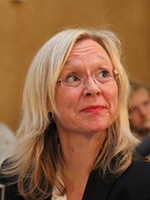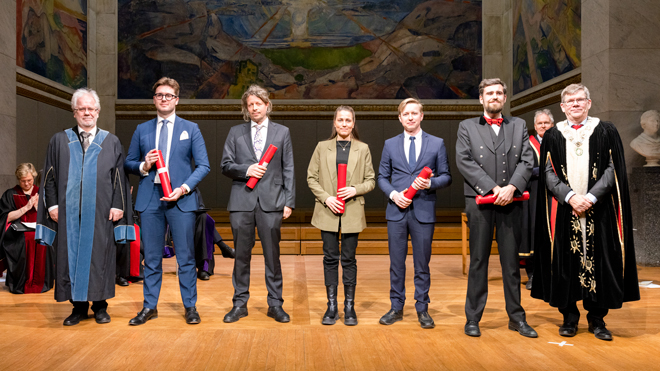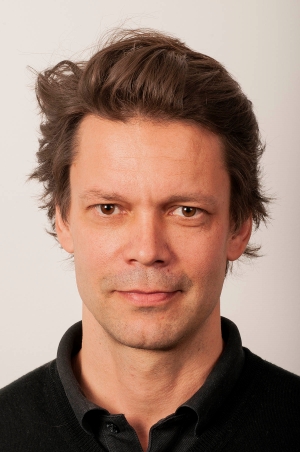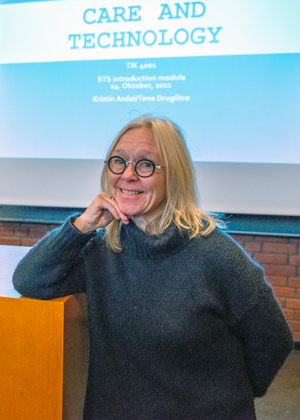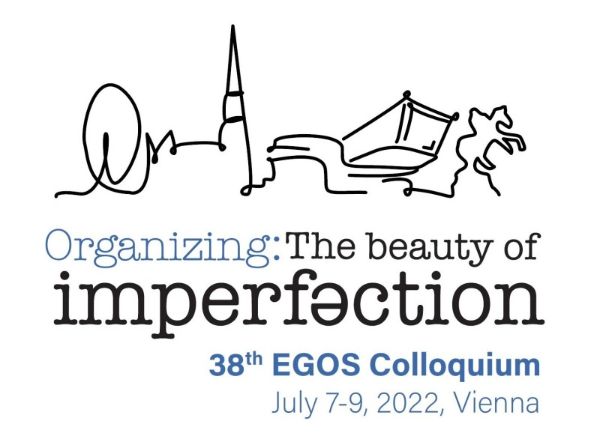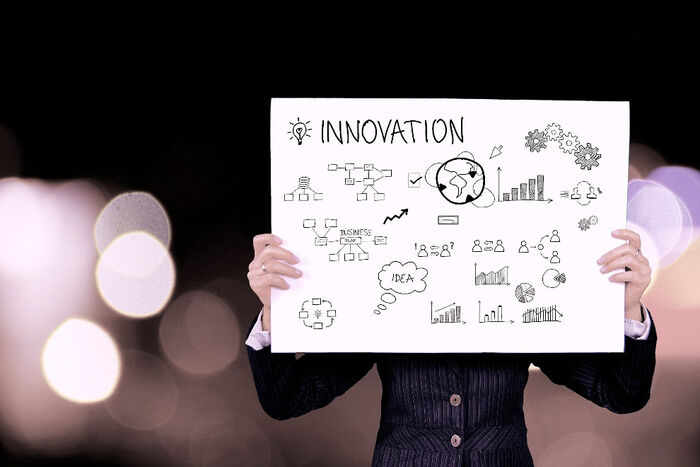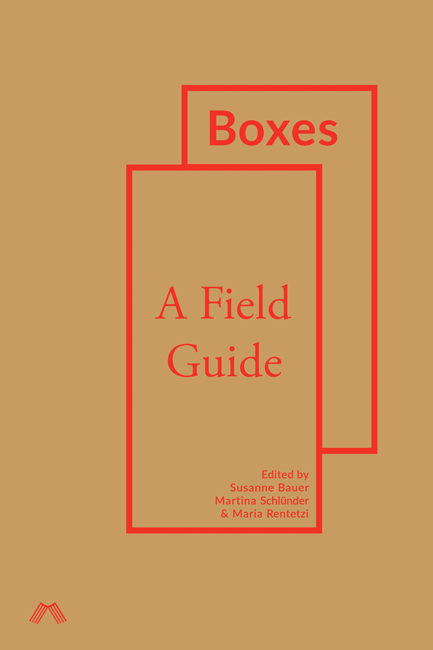The week after Easter, Fulvio Castellacci will be in the Netherlands to present a new paper on innovation and well-being.
Aktuelle saker - Side 2
Kommersialisering av forskning er vanskelig. Fallgruvene er mange. Likevel har en rekke forskere klart å skape næringsliv for milliarder av kroner.
Druglitrø is invited keynote speaker at the The Animal Research Nexus Programme's closing conference "Researching Animal Research" (30th – 31st of March) in London.
Kristin Asdal is visiting professor at the University of Vienna in March 2023.
Det Norske Videnskaps-Akademi (DNVA) har valgt nye medlemmer. Blant dem finner vi fem med tilknytning til Det samfunnsvitenskapelige fakultet.
I en høytidelig og tradisjonell seremoni i Universitetets Aula, ble fem kandidater fra Det samfunnsvitenskapelige fakultet kreert 16. mars. Prodekan for forskning, Tore Nilssen sto for talen og presentasjonen av fakultetets kandidater.
On Friday 24th March, Fulvio Castellacci will give a seminar presentation at the Mohn Centre for Innovation and Regional Development at HVL (Høgskulen på Vestlandet).
Førsteamanuensis ved TIK-senteret Markus M. Bugge utforsker nye samarbeidsformer mellom TIKs masterprogrammer og innovasjon i arbeidslivet.
Professor Kristin Asdal har overtatt roret på TIK. SV-nytt har intervjuet henne.
– For me, key to collaboration is shared curiosity and an interest in inventive approaches across disciplines – and at times to dare and do things differently, with or despite the pressures of academia or funding regimes, says Susanne Bauer, professor of Science and Technology Studies (STS) at the TIK Centre for Technology, Innovation and Culture.
TIK-senteret har mottatt den triste meldingen om at Bruno Latour er død. Han betød svært mye for STS-feltet og også for TIKs forskning.
Fredag 6. mai markerer Klima- og miljødepartementet 50 år med norsk miljøhistorie med foredrag, samtaler og intervjuer.
This is an overview of the PhD-courses offered at TIK for 2022. Course descriptions and course plans will be updated.
Vil du lære mer om vitenskap, teknologi og innovasjon, og samspillet med samfunn og politikk?
Prof. Kristin Asdal ved TIK organiserer sammen med kollegaer en paralellsesjon på EGOS konferansen i Wien 7.-9. juli 2022. Tema for sesjonen er "Valuation and Critique in the “Good Economy”". Frist for å sende inn short papers er 11. januar.
Yue Yu Yang var blant de 5 vinnerne av SV-fakultetets Våg å vite pris 2021.
TIK-forsker og historiker Hilde Reinertsen er en av 11 utvalgte som i konkurranse med nærmere 60 andre søkere, har blitt tatt opp som medlem av Akademiet for yngre forskere. De nye medlemmene er valgt for en periode på fire år.
På få år har ideen om mennesket som en naturkraft bredt om seg. Mange kaller vår tidsalder menneskets epoke – antropocen. Historiker Kristin Asdal og geolog Henrik Svendsen er gjester i andre episode av Små steder, store spørsmål, en serie fra podkasten Universitetsplassen, med programlederne Thomas Hylland Eriksen og Ståle Wig.
«Hvordan gjøre dokumentanalyse» gir det den lover, nemlig en kreativ innføring i hvordan vi kan studere, analysere og følge dokumenter, skriver Marte Frøyhaug.
This semester, the TIK innovation group invites you to weekly innovation lunch webinars; a webinar series focused on hot topics in innovation studies.
Professor Susanne Bauer ved TIK er medredaktør og medforfatter i boken som utforsker hvordan bokser bidrar til å organisere vår verden.
Ph.d.-kandidat Bård Lahn, TIK og CICERO, har publisert i Social Studies of Science.
TIK-senteret fikk finansiering for fire nye prosjekter i Forskningsrådets tildeling 18.desember 2019 - tre Unge Forskertalenter og ett Forskerprosjekt.
Norsk økonomi står overfor store utfordringer i tiden framover og en omstilling er påkrevet. Det vil være behov for både grønnere og smartere løsninger. Innovasjon, forskning og utdanning vil være helt avgjørende i denne prosessen. UiO åpner derfor et nytt forskningssenter som skal studere bærekraft og økonomisk vekst.


